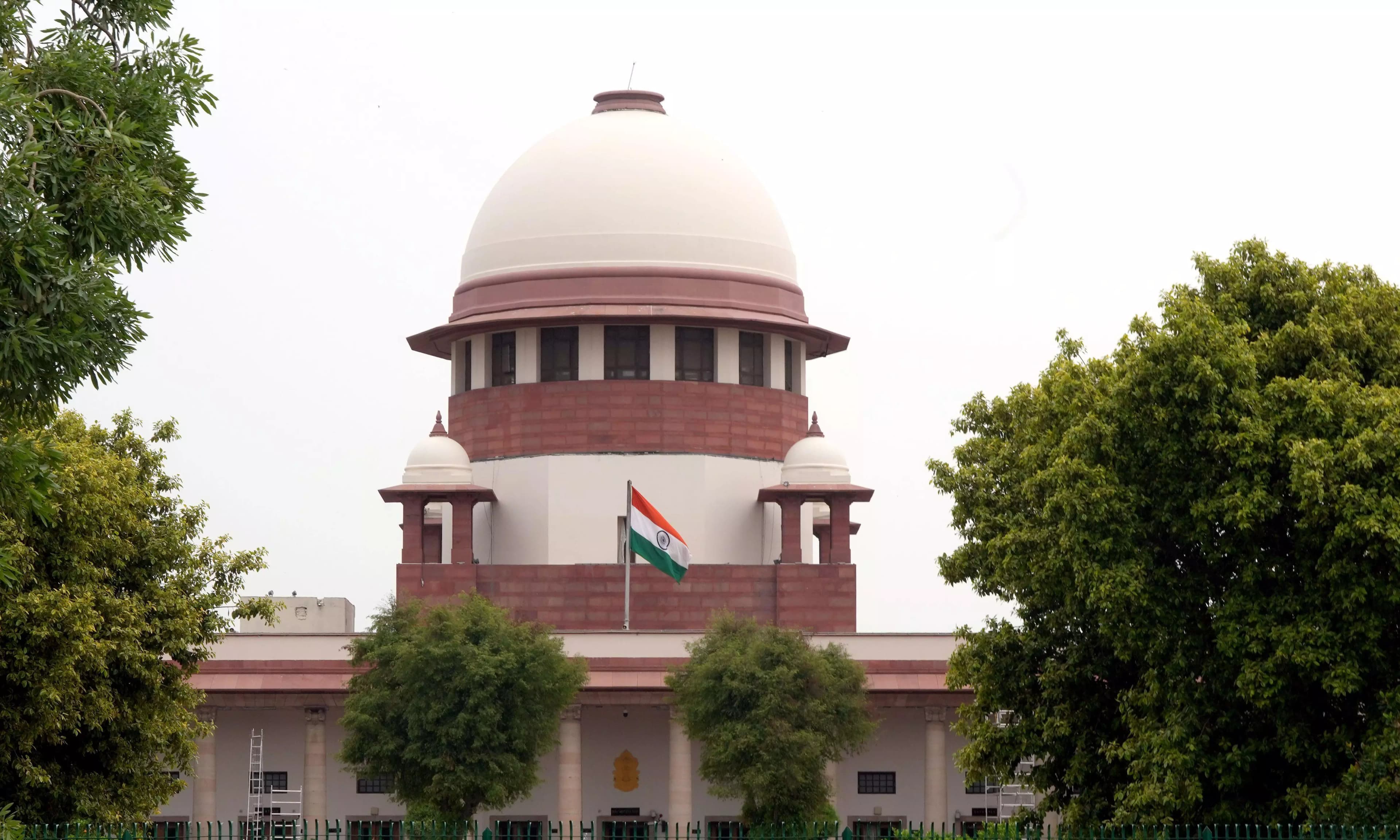
India SC Seeks Unified System for Organ Transplants and Donor After-Care
Court stresses equal, transparent access to transplants and proper post-operative support for live donors.
India’s Supreme Court underscored the urgent need for a unified national policy to ensure a transparent, standardised mechanism for organ transplantation across India. The court said such a system must function uniformly across States and remain free from disparities linked to gender, region or socio-economic status.
“There should be uniform criteria for organ transplants for all,” the Bench observed.
The Bench of Chief Justice B.R. Gavai and Justice K. Vinod Chandran highlighted concerns over live organ donors often being left without adequate follow-up care after surgery. “A live donor who parts with a valuable organ should not be ignored and must be well looked after following the donation,” the court noted while hearing a petition filed by the Indian Society of Organ Transplantation.
The court directed the Centre to encourage Andhra Pradesh to adopt the 2011 amendments to the Transplantation of Human Organs Act, 1994. It also instructed Karnataka, Tamil Nadu and Manipur to promptly implement the Transplantation of Human Organs and Tissues Rules, 2014.
Pointing out that Manipur, Nagaland, Andaman and Nicobar Islands, and Lakshadweep still lack State Organ and Tissue Transplant Organisations (SOTOs), the Bench asked the Centre to take steps to establish these bodies under the National Organ Transplantation Programme.
Additionally, the court asked the government to work with the National Organ and Tissue Transplant Organisation (NOTTO) to revise death registration forms to indicate whether families were provided with the option to donate the organs of the deceased.
For any enquiries please fill out this form, or contact info@thelawreporters.com and Follow The Law Reporters on WhatsApp Channels